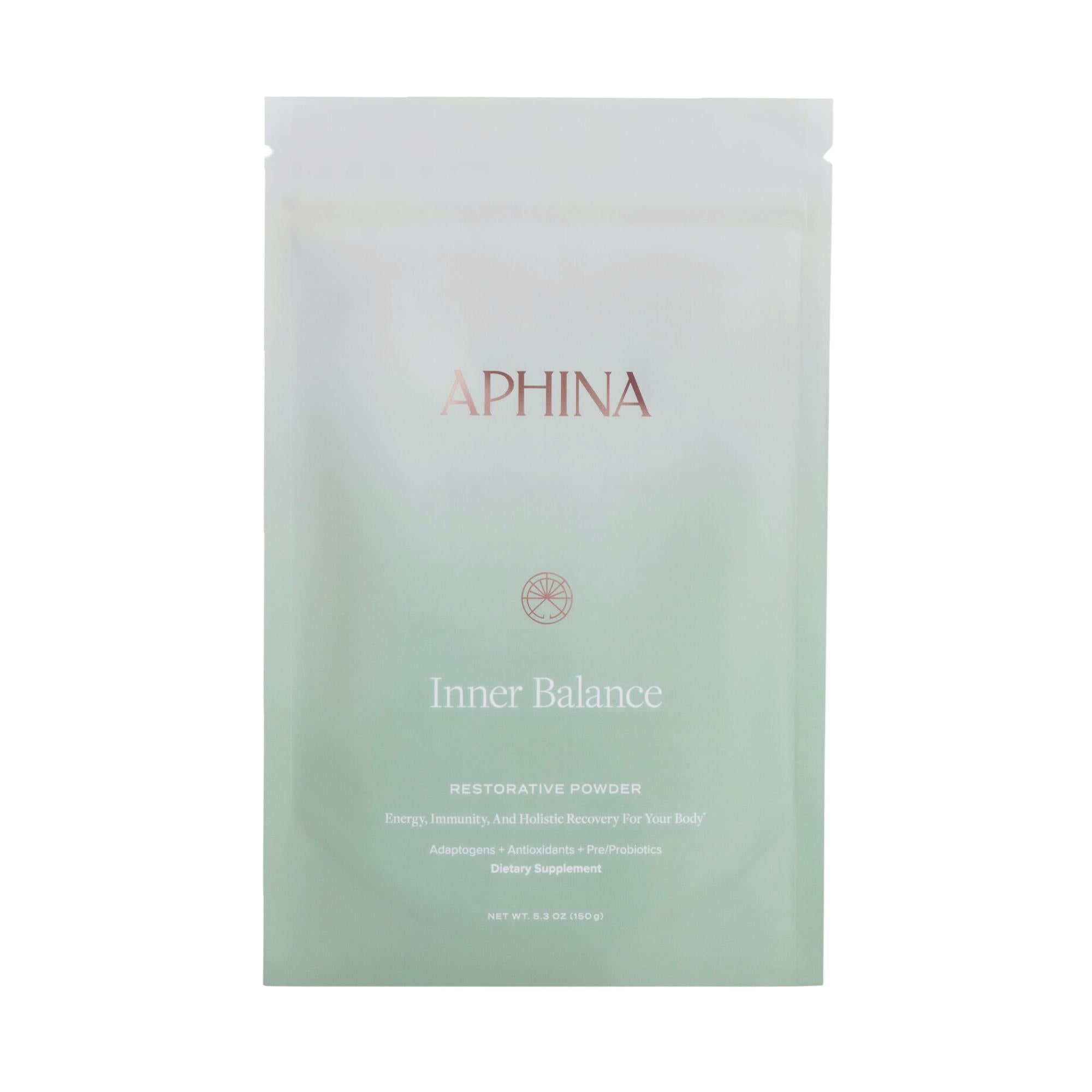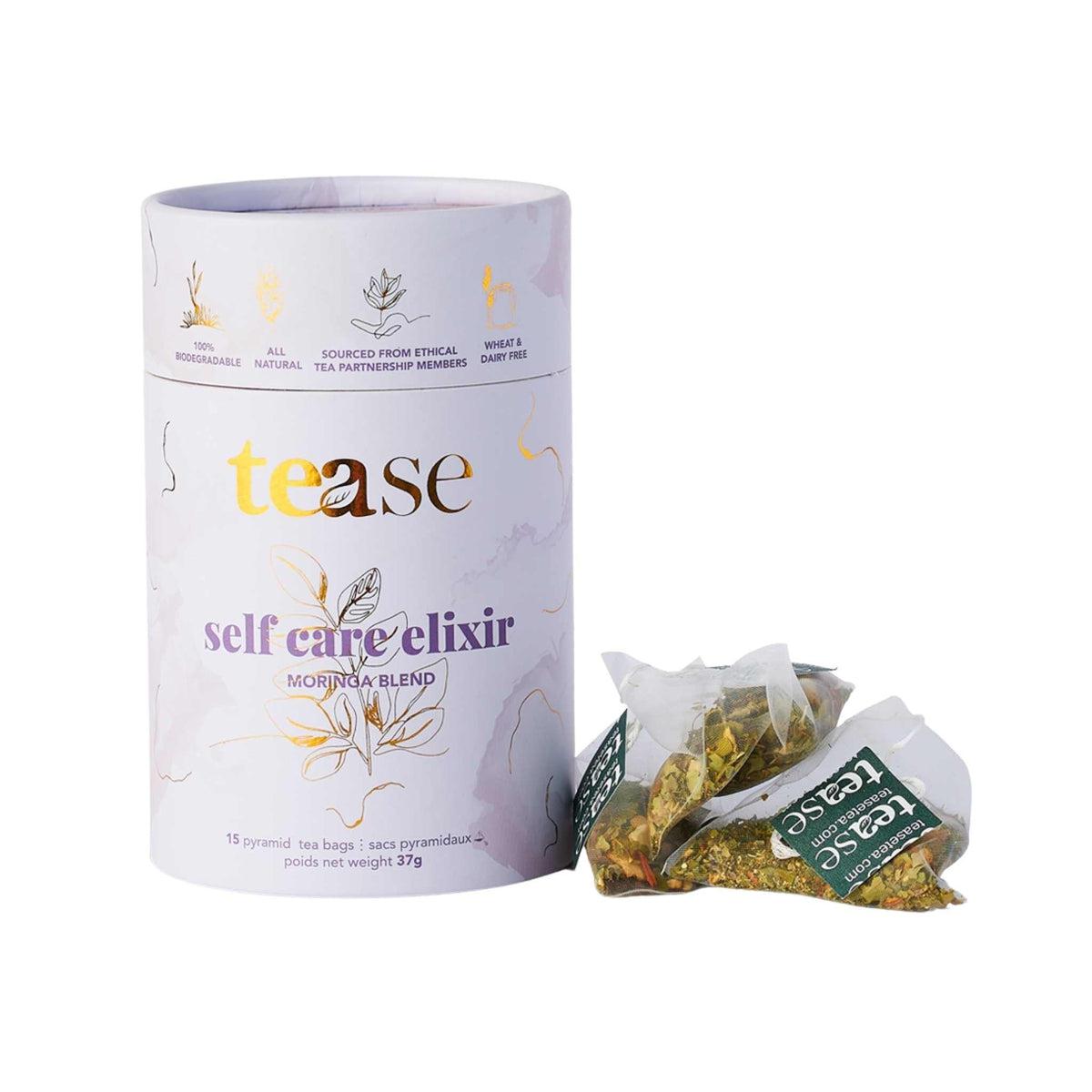DETOX NOTES
Ask a Naturopathic Doctor: Burnout
Ask a Naturopathic Doctor: Burnout
Ask a Naturopathic Doctor: Burnout
Are you feeling drained, emotionally exhausted, and like your battery is constantly running on low? You may be experiencing burnout. We teamed up with a Naturopathic Doctor, Dr. Sarah Wilson, of Advanced Women’s Health Clinic to dive deep into the physiological triggers of stress to uncover what causes burnout—and how to read the signs.
Burnout has become one of the most discussed mental health topics, but there is so much misinformation out there. But to understand burnout, it's important to understand the role stress plays in our everyday lives, and how to holistically care for your body and mind beyond today’s conventional spa-day narratives. With a few stress management techniques, and a willingness to tweak your day-to-day routine, we’re here to help you get out—and stay out—of burnout.
I’ve read a lot about burnout on the internet. How do I know if I have it?
Dr. Sarah Wilson: Most of what you read on burn out is wrong. You do not need to quit your job or end your relationships, you do not need to upend your life and take a self care sabbatical. That all feels hopeless, and it doesn’t need to be. Instead, it’s important to understand key levers to pull to alleviate symptoms and get your life back on track. There are small things we can do that don’t involve completely overhauling our lives. Burnout is a combination of mental pressures and physiological stressors: Everyone can handle a certain amount of stress, but when it becomes constantly overwhelming, it’s about modifying practices in your everyday life to get you on the course to recovery. It’s doable!
When it comes to diagnosing burnout, it’s important to understand that burnout doesn't happen overnight, or on a particularly stressful work week. Burnout is a long-term physiological condition that makes you feel physically and mentally exhausted, unmotivated or unproductive, and can lead to mood disorders. If these markers resonate with you, it’s definitely worth getting it checked out by a practitioner—even if it isn’t necessarily burnout.
Why is stress so bad?
Dr. Sarah Wilson: It is and it isn’t. Stress has a negative connotation in today’s society, but stress is incredibly important for growth. It’s all about striking a balance between stress and recovery. When people experience burnout, it’s their recovery processes that need an adjustment.
Let’s talk about the nervous system. When your body’s natural stress response is triggered, a message is sent to the sympathetic nervous system which in turn activates the adrenal glands. Adrenal glands produce the hormones that help regulate your metabolism, immune system, blood pressure, and other essential functions. The adrenals are responsible for producing hormones such as cortisol (the stress hormone), androgens, and estrogen. When these stress hormones are activated more frequently, they remain in the bloodstream for sustained periods and an imbalance in hormones can occur—naturally affecting your physiological stress response. This process takes a lot of energy from your body, and can naturally make you feel fatigued.

What is the difference between fatigue and burnout?
Dr. Sarah Wilson: Fatigue can occur on any given day. Burnout is a physiological condition that takes longer to resolve. Yes, burnout includes fatigue, but it also includes loss of motivation, underlying imbalances such as blood sugar dysregulation, inflammation, and nutrient deficiencies. Long-term symptoms of burnout can include:
- Sleep challenges
- Digestive issues
- Blood sugar dysregulation
- Inflammation
- Hormone imbalances
- Weakened immune system
- Thyroid, adrenals, and nervous system dysfunction
The combination between Hormone imbalances and long term fatigue crosses the line into the realm of burnout. Understanding where you lie on the spectrum of burnout is critical to finding the solution that will work best for you and help you see results quicker.
Is self-care the cure to burnout?
Dr. Sarah Wilson: Self-care is critically important to our overall wellbeing—it grounds our nervous system and allows us to feel calm and centered. But your version of self care will impact the effectiveness.
While the social media version of self-care outlines doing your nails, going to the spa, and lighting candles—there’s a lot more to it. These are important aspects to helping you feel balanced and your best self, but if these acts of self-care only feel good in the moment and aren’t improving your symptoms, it’s likely time to dig deeper into what self-care really means for your body.

Certain acts of self-care will have greater impacts on your burnout. Moving your body, cooking nutritious meals, and having meaningful rituals throughout your day can all positively impact burnout. Remember, burnout isn’t a short term feeling of overwhelm or stress. Burnout is a long term imbalance as a result from physiological stressors. You can not self-care your way out from physiological imbalances alone, it needs to be coupled with a plan to solve the body’s dysregulated systems. I recommend speaking with your ND or physician to develop the right treatment plan for you.
Can I exercise if I am experiencing burnout?
Dr. Sarah Wilson: Exercise and movement is a prescription. You can, and definitely should, exercise if you are experiencing burnout—but your workout prescription will vary based on your physiological needs. Exercise stimulates endorphins, which are the happy hormones signaled to the brain. Finding the type of exercise best suited to your specific burnout needs will vary. For example, If blood sugar dysregulation is one the main causes of your burnout, then movement is a key factor to achieving results. Doing activities like high intensity interval training (HIIT) can very well improve your condition. If someone has low levels of androgens, they may benefit from weight lifting because research shows it can stimulate those hormones impacting motivation and drive—promoting improved hormone balance. If someone is experiencing a low energy production and feels like their battery is drained, they may be best suited for low intensity workouts like pilates. If you have high cortisol levels, going for a walk can help bring you back into balance.

What I’m trying to say is, exercise is a tool. The type of exercise that works best for you is dependent entirely on what’s going on inside your body. And a practitioner can help guide you towards the best plan based on your body’s needs.
We suggest your self-care regimen include:
Movement: The Detox Market - Body Brush
Price: $24
Nutrition: Aphina - Inner Balance Restorative Powder
Price: $82
Self Care: Tease - Self Care Elixir
Price: $22
Ultimately, tackling burnout is all about taking a personalized approach that suits your unique physiological needs. By debunking common misconceptions and understanding the causes, this series aims to help you recognize, confront, and ultimately overcome burnout. If you think you're dealing with burnout, reaching out to a Naturopathic Doctor or a physician can be a smart move to craft a solid and effective recovery plan. Just keep in mind, overcoming burnout is a marathon, not a sprint, and it calls for a holistic strategy for lasting recovery. Burnout is entirely curable, and with the right tools, you’ll be back to full battery and living a full life in no time.
For more information on Dr. Sarah Wilson and the team at Advanced Women’s Health Clinic, visit here: Advanced Women’s Health Clinic
Learning is beautiful.
Related Articles


